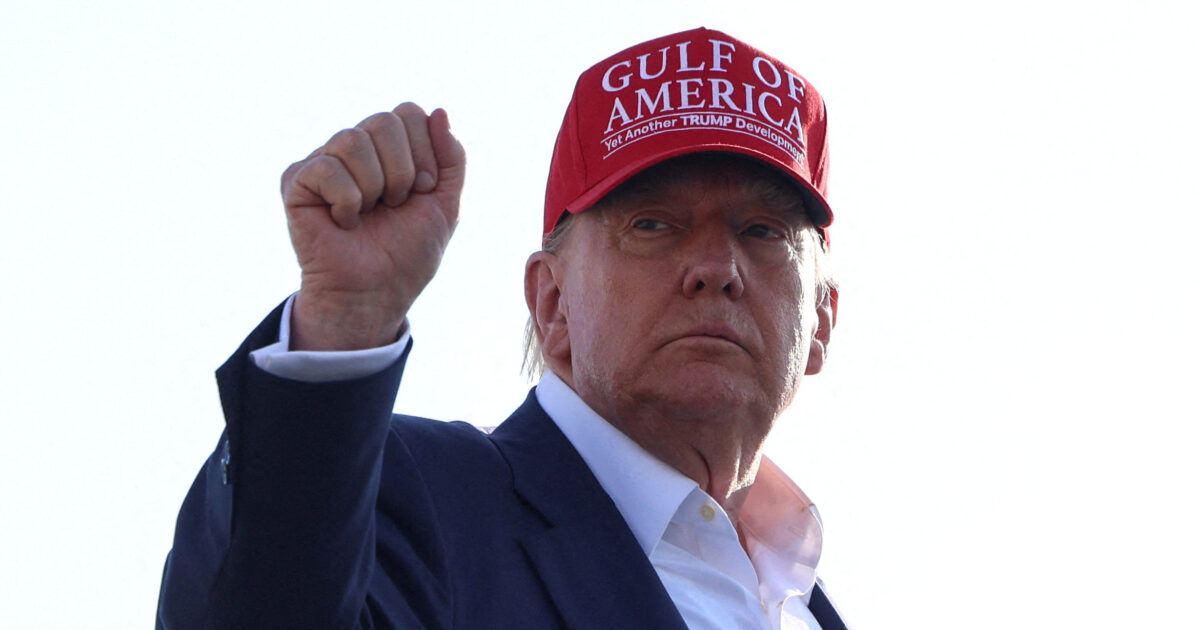A major change in US economic policy came with the approval by the House of Representatives bill proposed by the President Donald Trump.
By a marginal majority (218 votes in favor and 214 against), the House of Representatives approved the $ 3.4 trillion bill. Donald Trump, which combines significant tax cuts with large cuts in social programs, overturning key policies of the Biden government, especially in the field of green transition.
The voting was made before the July 4th deadline, which the president himself had. The Republicans needed many hours of consultation, intense pressure and personal interventions by Trump – even on the golf courses – to convince the toughest and most moderate MPs from critical states concerned about Medicaid cuts.
Finally, only two Republicans – Thomas Massie (Kentucky) and Brian Fitzpatrick (Pennsylvania) – voted against the Democrats.
The bill had earlier passed the Senate with the vote of Vice President JD Vance, who broke the tie.
Significant changes in spending and taxes
The final text includes permanent tax reductions, such as:
- Extension of 2017 tax exemptions for individuals and small businesses,
- Permanent increase in discount for children,
- Temporary tax exemptions for tips, overtime and older,
- Restore discounts for business expenditure in research, investment and equipment.
At the same time, there are large cuts of nearly 1 trillion. dollars in the Medicaid program for vulnerable people, with new funding restrictions, employment requirements for beneficiaries without children and liabilities to participate in care costs. There are also reductions in nutritional assistance programs and student loans.
In the field of green transition, most of the tax incentives launched by the Biden government are abolished, and from October 1, the $ 7,500 subsidy is stopped to buy electric cars.
Impact on deficit – regulations for states
Tax cuts that do not have full costing have caused concern, as Congress’s Independent Budget Office (CBO) estimates that the package will increase the public deficit by 3.4 trillion. dollars within the next ten years. At the same time, there is an increase in the debt threshold by 5 trillion. dollars, temporarily removing the risk of payments.
Some Republicans from high tax states (New York, New Jersey, California) have achieved a temporary increase in the state and local government tax deduction threshold to $ 40,000 for five years, after which the limit will be reimbursed at $ 10,000 in 2017.
Reactions and political tension
The Democrats accused the bill of favoring the rich and affects the weakest. Their leader in Parliament, Hakim Jeffris, spoke of “abolishing Medicaid as we know it” and “padlocks in hospitals and retirement homes”, in an eight -hour speech, a record for the House.
Polls show that 49% of Americans are against the bill, while only 29% support it.
Trump and his supporters hope that the tax exemptions and the growth they promise will gain confidence, but the impact on public economics and society may affect the climate in the face of the 2026 intermediate elections.
